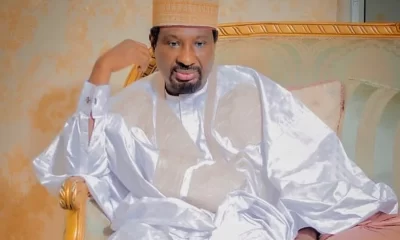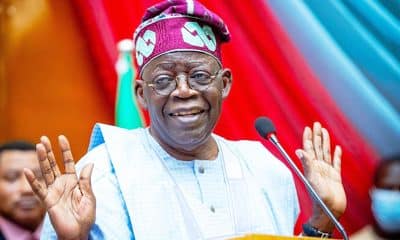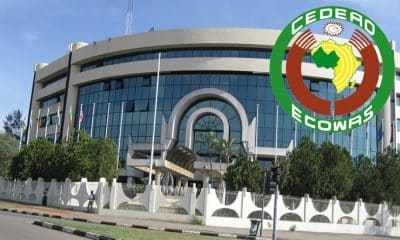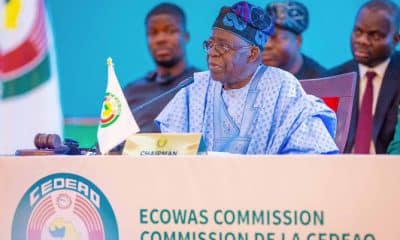Nigeria News
Nigeria, Ghana Among Eight Nations Granted $1.96 Million To Combat Fistula Disorder
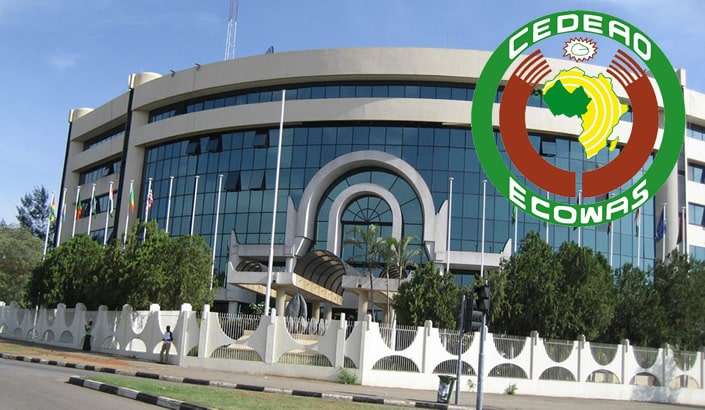
On Wednesday, the ECOWAS Gender Development Centre allocated $1.96 million to eight member countries of the Economic Community of West African States (ECOWAS) to address the issue of fistula disorder.
Fistula disorder involves abnormal connections between organs, often resulting from injuries or surgeries. According to the United States Agency for International Development (USAID), in 2021, Nigeria alone accounted for 40 per cent of global fistula cases.
USAID reported that Nigeria records 13,000 new cases of fistula annually, with approximately 400,000 women waiting for corrective surgery.
In response to this pressing issue, the ECOWAS Gender Development Centre disbursed $245,000 to each of the recipient countries, namely Nigeria, Togo, Benin, Guinea Bissau, Ghana, Cote D’Ivoire, Gambia, and Liberia.
The presentation of the financial aid took place as a significant event during the 91st Ordinary Session of the ECOWAS Council of Ministers held in Abuja.
At the event, the Minister of Foreign Affairs and Chairman of the ECOWAS Council of Ministers, Yusuf Tuggar, announced that discussions on the 2024 fiscal year budget would be a priority. He highlighted the impact of current economic challenges on the region’s GDP and revenue generation.
Tuggar noted, “We must be mindful of the prevailing economic and financial challenges confronting our sub-region, such as inflation, high food prices, and currency devaluation, which have adversely affected our economies.
“These challenges have impacted our gross domestic product, revenue generation, and in particular our mobilisation of the community levy, due to the devaluation of some of our major currencies, particularly Cedi and Naira, against the US Dollar.”
Urging the Council Ministers, the minister said, “Therefore, we must support the recommendations of the Administration and Finance Committee on enhancing prudence, as well as the efforts of the President of the Commission and other Heads of the Institutions on blocking leakages to ensure judicious use of our meagre resources.”
Also, the President of the ECOWAS Commission, Omar Touray, expressed concern over member states under sanctions, noting that they have ceased remitting levies. He emphasised the critical need for sufficient financial resources within ECOWAS to effectively address the challenges facing the region.
“For some time now, the levy collection has been a challenge. The amount of 0.5 per cent ECOWAS levy on imports from outside the Community has been collected by member states on behalf of ECOWAS.
“However, the deposit of these funds into the ECOWAS bank accounts at the country level and access to the funds have been a challenge. This has led to low resource mobilisation.
“The situation is more critical now that our member states under sanctions have stopped remitting the levy. As the financial situation gets more difficult, the tasks for ECOWAS are growing,” Touray stated.
The president urged the councils of ministers to “mobilise the levy fully to be able to implement our community work programme and keep up with the successes of ECOWAS.”



